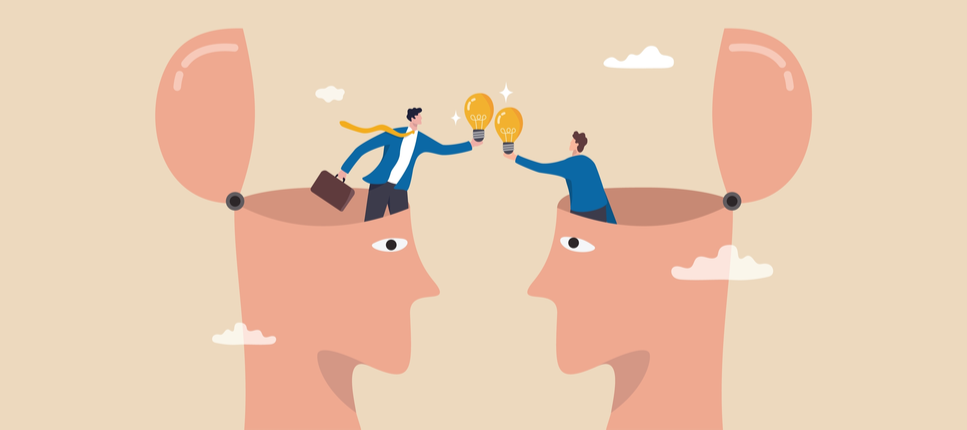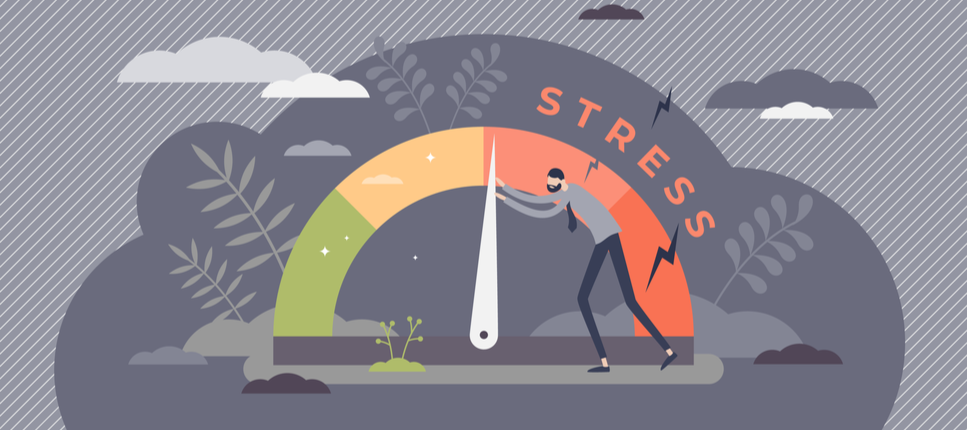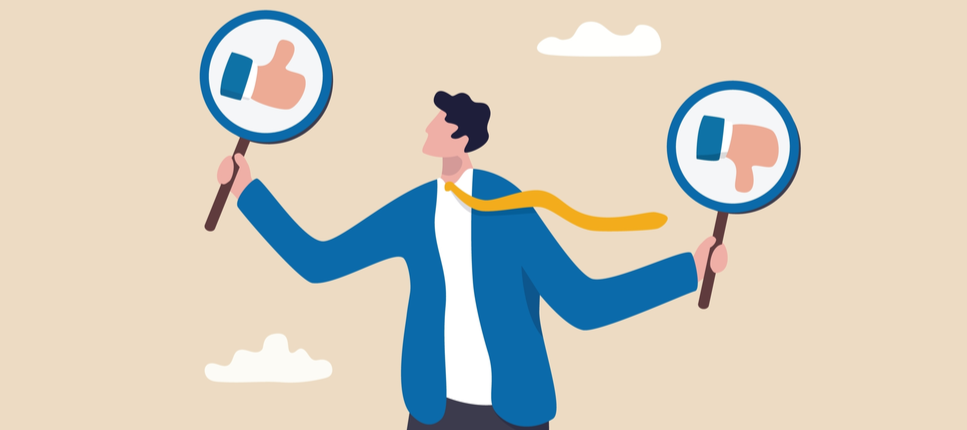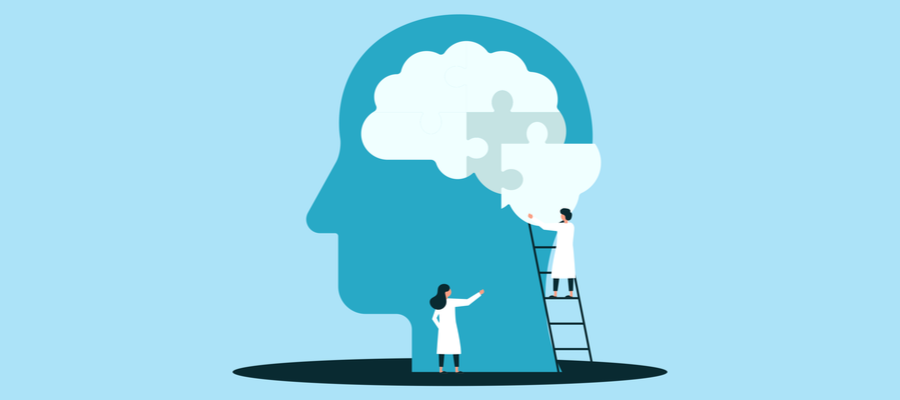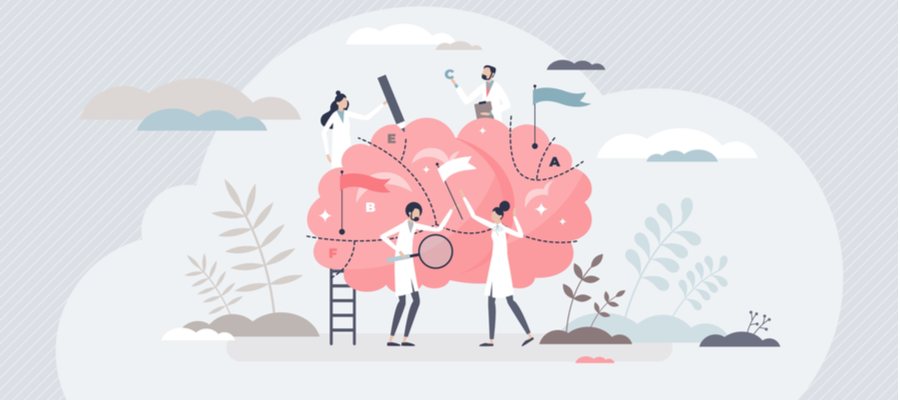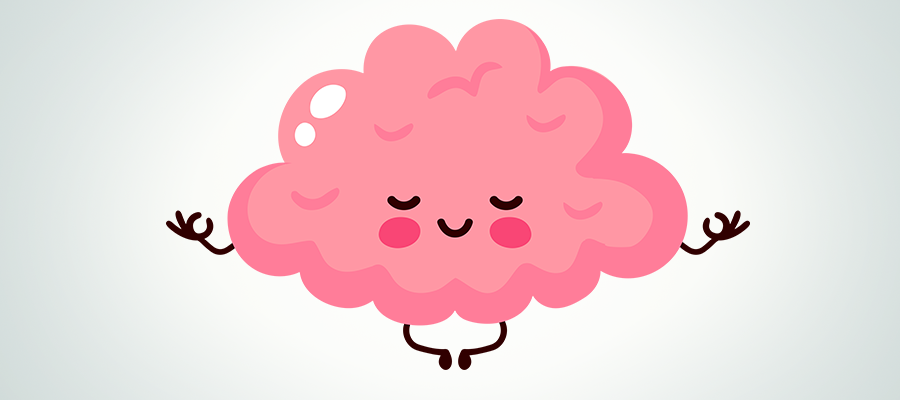5 Milestones in the History of Neuroscience
First coined in the 1960s, the term "neuroscience" refers to the scientific study of the nervous system, including our fascinating brain, from its most fundamental aspects, such as molecules and cells, to the integrative dimensions that underlie our cognitive and behavioural functions. Although much remains to be discovered, giant steps have been made in this field over the past few decades. To appreciate how far we have come, nothing is better than looking back at some of the milestones that have marked this history.

